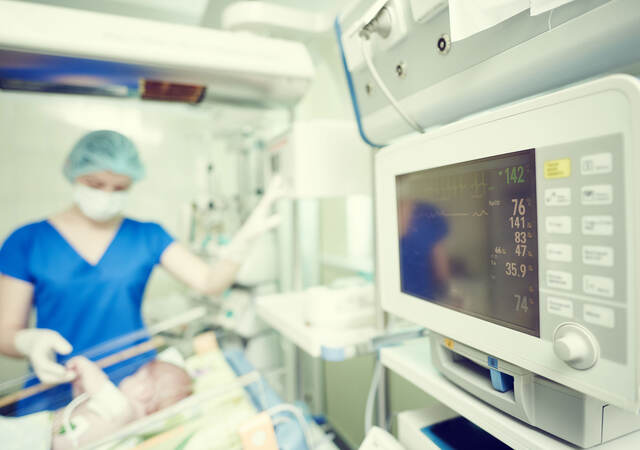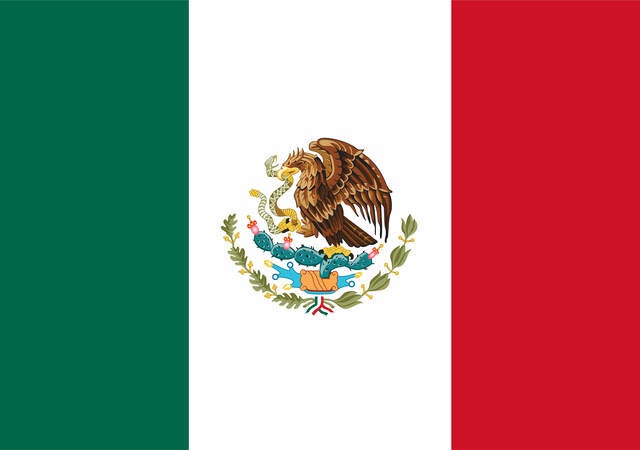June 15, 2023
By Dicsy Solano and Nélyda González
Updated good manufacturing practice (GMP) requirements for medical devices on the Mexican market have taken effect as of June 20, 2023.
Mexico’s medical device regulatory framework has been revised recently to align requirements with international legislation and activity:
- The International Medical Device Regulators Forum (IMDRF);
- EU Medical Devices Regulation 2017/745 (MDR); and,
- ISO 13485: 2016 and the Medical Device Single Audit Program (MDSAP).
The latest version of Mexican Official Standard NOM-241-SSA1-2021, Good manufacturing practices for medical devices (hereafter NOM-241), published December 20, 2021, and coming into effect on June 20, 2023, establishes the minimum requirements for medical device manufacturers and supply chain stakeholders related to design, development, manufacturing, storage and distribution activities to comply with quality, safety and functionality requirements.
All establishments dedicated to the manufacture, conditioning, storage, and distribution (supply chain) of medical devices located in Mexico must comply with these GMP guidelines.
Overview of the standard
The latest publication of the NOM-241 standard includes new concepts and improved wording of definitions to provide a better understanding (in comparison with the 2012 version). These changes align with the recent publication of the 5.0 Supplement for Medical Devices of the Mexican Pharmacopoeia (which Emergo by UL has discussed in previous Regulatory Updates), as well as the latest updates in the General Health Law. Some of the new and revised concepts included are:
- Good storage and distributing practices (Section 19)
- Good laboratory practices (Point 3.18)
- Certificate of compliance (Point 3.28)
- Medical device definition (which includes SaMD) (Point 3.41)
- Quality risk a management (Point 3.59 and section 7)
- Refurbishing of medical devices (Point 3.98)
- Remanufacturing of medical devices (Point 3.95)
- Annual product review/ Annual quality review of the products (point 3.102)
- Registration holder(Point 3.111)
As the core, the quality management system (QMS) describes the manufacturing and supply chain requirements that must be met during the life cycle of medical devices. In addition to the previous requirements established in the 2012 version of NOM-241, the updated QMS requirements needs to address the following:
- Monitoring and measurement of the product.
- Risk management.
This table summarizes each element of the QMS and applicability to the supply chain:
|
National manufacturer |
National contract manufacturers (maquilas) |
Registration holder |
Importer |
Distributor |
|
|
Quality manual. |
X |
X |
X |
X |
X |
|
Auditing system. |
X |
X |
X |
X |
X |
|
Complaints management. |
X |
X |
X |
X |
X |
|
Handling of product out of specification or non-conforming (in any phase-production or final product). |
X |
X |
X |
X |
X |
|
Management of deviations and CAPA system. |
X |
X |
X |
X |
X |
|
Product recalls (product already on the market). |
X |
|
X |
|
X |
|
Change control. |
X |
X |
X |
|
|
|
Validation Master Plan (VMP). |
X |
X |
|
|
|
|
Monitoring and measurement of the product. |
X |
X |
X[i] |
|
X |
|
Technology transfer. |
X |
X |
X[ii] |
|
|
|
Risk management. |
X |
X |
X |
X |
|
|
Documents control. |
X |
X |
X |
X |
X |
|
Returns. |
X |
|
X |
X |
X |
|
Design and development. |
X |
X |
|
|
|
|
Staff. |
X |
X |
X |
X |
X |
|
Facilities and equipment. |
X |
X |
X |
X |
X |
|
Qualification and validation. |
X |
X |
|
|
|
|
Manufacturing systems. |
X |
X |
|
|
|
|
Quality Control laboratory. |
X |
X |
|
X[iv] |
|
|
Finished product release. |
X |
|
X[v] |
X[vi] |
|
|
Stability studies. |
X |
|
|
|
|
|
Product recall. |
X |
|
X |
|
X |
|
Outsourcing activities. |
X |
X |
X |
X |
|
|
Final destination of waste. |
X |
X |
X |
X |
X |
|
Good Storage and Distribution Practices. |
X |
X |
X |
X |
i If the holder is different from the manufacturer, adverse incidents must be reported by the holder and made known to the manufacturer for risk management (points 6.6.2. and 6.6.6.2 of the standard)
ii as long as the product is a finished product manufactured by a Mexican contract manufacturer and marketed in Mexico. (points 17.6.7 and 17.6.8)
iii for distributors who use inventory control software (point 11.15.7 of the standard).
iv only for condoms; the quality control needs to be performed by a TPR lab or the importer (point 14.1.5.1 of the standard)
v as long as the holder is the same as the manufacturer, importer, and/or distributor (definition 3.111 and points 17.6.7 and 17.6.8 of the standard)
vi as long as the holder is the same as the manufacturer, importer, and/or distributor (definition 3.111 and points 17.6.7 and 17.6.8 of the standard)
vii all outsourced activities must be duly described through agreements whenever the manufacturer and holder are different entities (point 17.1.3)
viii as long as the holder is the same as the importer, and/or distributor (definition3.111 and points 17.6.7 and 17.6.8 of the standard)
Foreign manufacturers typically provide ISO 13485 certifications or GMP certificates issued by their Ministry of Health to support the sanitary registration, as these are considered equivalent to the QMS described in NOM-241 (section 6.7 of the standard).
Towards QMS and GMP equivalency with ISO 13485?
During a recent meeting between CANIFARMA (Mexican Trade Association for Medical Device and Pharmaceutical Industry in Mexico) and COFEPRIS, a possible equivalency agreement between ISO 13485 and GMP by NOM-241 was discussed.
The equivalency would need to be ratified within different departments in COFEPRIS, and then officially communicated. Internal trainings would need to be provided by COFEPRIS on the harmonization criteria for the implementation of GMPs.
Emergo is continuously monitoring any publication related to the equivalence agreement of GMP standards.
Dicsy Solano and Nélyda González are Lead Quality and Regulatory Affairs Consultants at Emergo by UL.
Request more information from our specialists
Thanks for your interest in our products and services. Let's collect some information so we can connect you with the right person.







